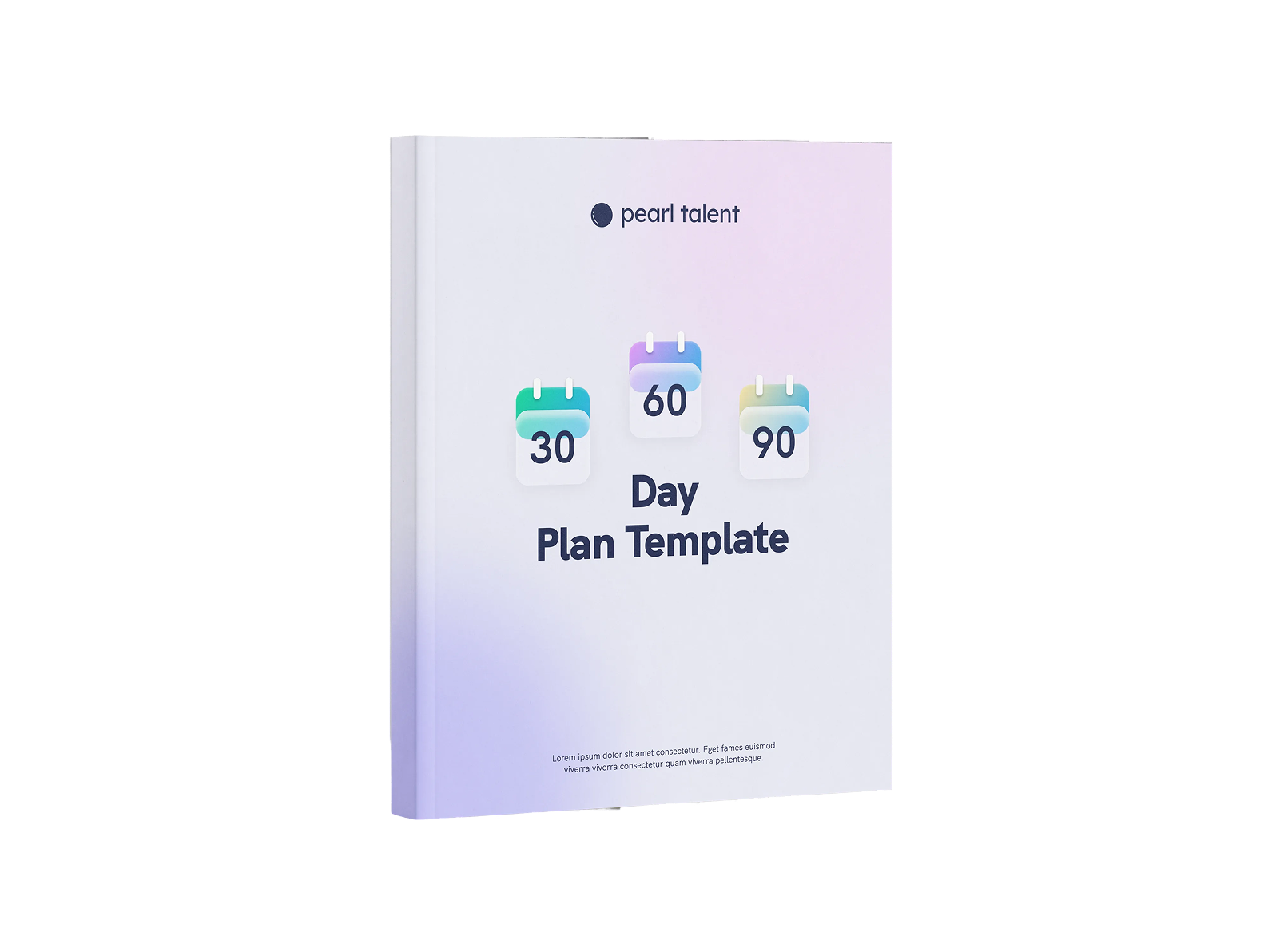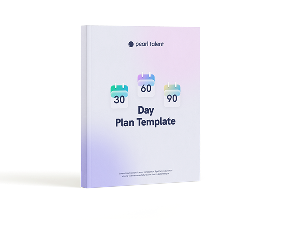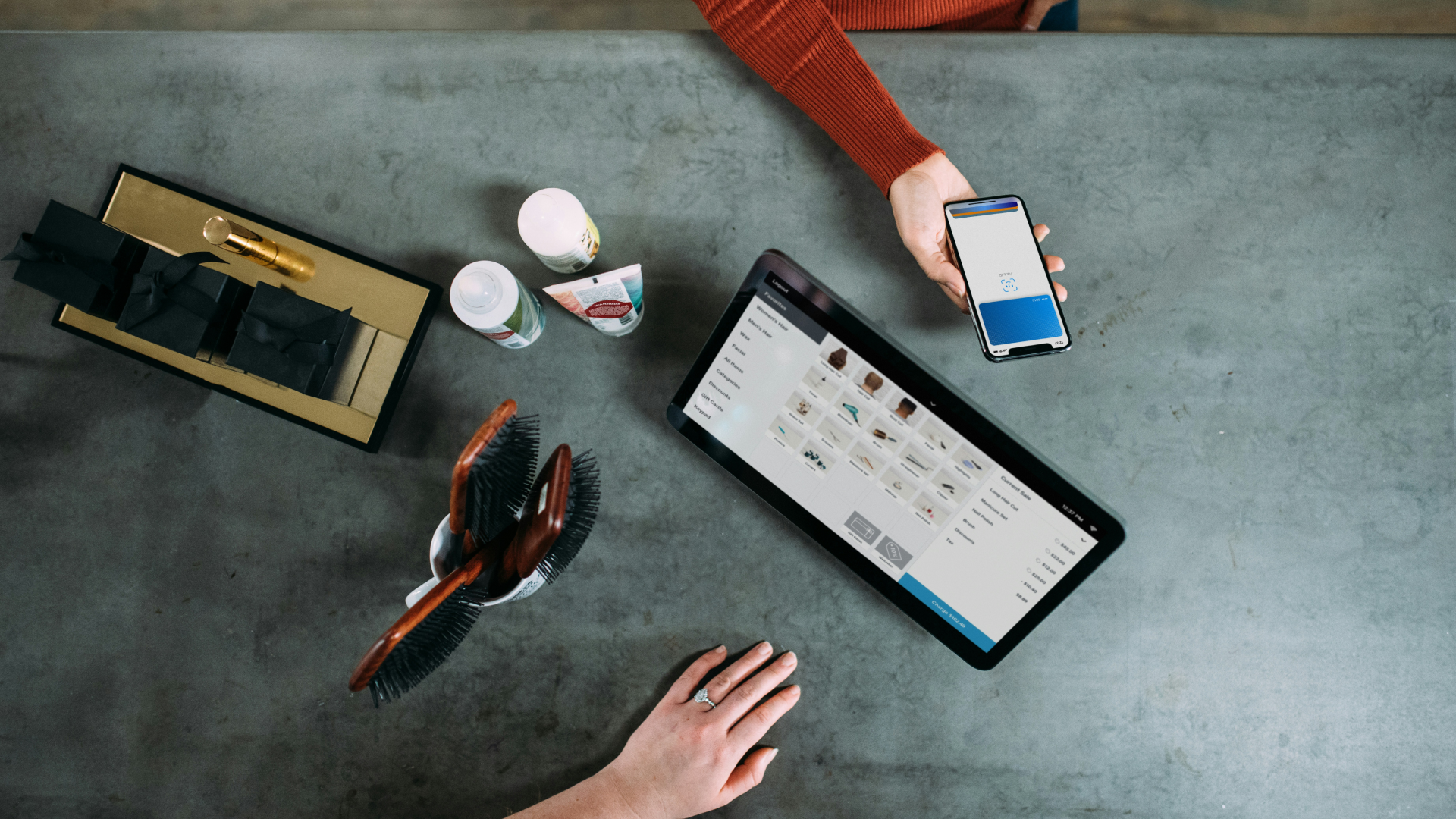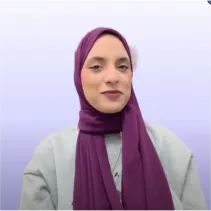Catena is now Pearl Talent! Same mission, new name.
Finding the right medical receptionist can transform your practice operations and elevate patient satisfaction. This critical role serves as the first point of contact between your practice and your patients, often determining whether someone has a positive experience or leaves feeling valued and well-cared for. Between appointment scheduling, patient communications, insurance verification, and administrative coordination, the right hire can streamline your entire front office operation.
The importance of strategic medical receptionist interview questions cannot be overstated. With patient satisfaction scores directly impacting your practice's reputation and revenue, asking the right questions for medical receptionist interview processes ensures you identify candidates who excel under pressure while maintaining professionalism and empathy.
Whether you're conducting your first interview questions for medical receptionist positions or refining your hiring process, this comprehensive guide will help you identify candidates who can handle the unique pressures of healthcare administration while maintaining the professionalism and understanding your patients deserve.
What is a Medical Receptionist?
A medical receptionist serves as the operational backbone of your front office, managing the intricate details that keep your practice running smoothly while serving as the crucial first impression for every patient interaction.
In today's healthcare landscape, medical receptionists handle a complex array of responsibilities that require both technical proficiency and exceptional interpersonal skills. They manage appointment scheduling across multiple providers, handle insurance verification processes, maintain accurate electronic medical records (EMRs), coordinate patient communications, and ensure smooth administrative operations. Their role has evolved significantly, with many now operating virtually using secure platforms to provide the same level of professionalism and efficiency without requiring physical office space.
The impact of a skilled medical receptionist extends far beyond administrative tasks. They help reduce no-shows through effective appointment reminders and follow-ups, streamline check-in processes to minimize wait times, and free up your clinical team to focus on patient care rather than fielding calls or resolving scheduling conflicts. A great medical receptionist can be the difference between a chaotic day filled with double-bookings and frustrated patients, and a calm, organized practice where both staff and patients feel supported.
For growing practices, busy specialists, and telehealth providers, the right medical receptionist provides scalable support that adapts to changing needs. They offer the flexibility to handle increased patient volumes, manage multiple locations, and maintain consistent service standards as your practice expands. This scalability is particularly valuable for practices looking to grow without the overhead costs associated with additional on-site staff.
20 Medical Receptionist Interview Questions to Ask in 2026
The following interview questions are strategically organized into four key categories to help you evaluate candidates comprehensively. Each category targets specific competencies essential for medical reception success, from technical healthcare knowledge to patient service excellence. Use these questions to assess not only what candidates know, but how they think, problem-solve, and handle the unique pressures of healthcare administration. The combination of experience-based, skills-focused, behavioral, and motivational questions will give you a complete picture of each candidate's potential fit within your practice.
Experience & Background Questions
1. "Tell me about your previous experience working in healthcare administration or medical office settings."
This foundational question helps you understand the candidate's familiarity with healthcare environments. Look for specific examples of EMR systems they've used, types of medical practices they've supported, and their understanding of healthcare workflows. Candidates with experience in similar-sized practices or your specialty area will likely have a shorter learning curve.
2. "How familiar are you with medical terminology, and how do you handle terms or procedures you don't understand?"
Medical receptionists encounter complex terminology daily when scheduling appointments, relaying messages, and updating patient records. Strong candidates will demonstrate comfort with basic medical vocabulary while showing initiative in researching unfamiliar terms and asking appropriate questions when clarification is needed.
3. "What experience do you have with electronic medical records (EMR) systems, and which platforms have you used?"
EMR proficiency is essential in modern healthcare practices. Look for candidates familiar with systems like Athenahealth, Epic, DrChrono, or other platforms your practice uses. Even if they haven't used your specific system, experience with any EMR demonstrates their ability to navigate digital healthcare tools and maintain accurate patient records.
4. "Describe your experience handling insurance verification and billing support tasks."
Insurance-related tasks can significantly impact your practice's revenue cycle. Candidates should understand the basics of insurance verification, co-pay collection, and coordination with billing departments. Their experience with insurance companies and understanding of common coverage issues can save your practice time and reduce claim denials.
5. "Have you worked in a remote or virtual capacity before? How did you maintain productivity and communication?"
With the rise of virtual healthcare administration, this question is increasingly relevant. For practices considering remote medical receptionists, candidates should demonstrate strong self-management skills, familiarity with digital communication tools, and experience maintaining professional relationships without face-to-face interaction.
Skills & Abilities Questions
6. "How do you prioritize tasks when managing multiple phone lines, scheduling requests, and patient inquiries simultaneously?"
Medical receptionists must excel at multitasking in high-pressure environments. Look for candidates who can articulate clear prioritization strategies, such as handling urgent medical concerns first, managing appointment scheduling efficiently, and ensuring no patient inquiry goes unanswered. Their approach should demonstrate both organizational skills and patient-centered thinking.
7. "Walk me through how you would handle appointment scheduling for multiple providers with different specialties and availability patterns."
This question reveals the candidate's understanding of complex scheduling logistics. Strong answers will include strategies for optimizing provider schedules, minimizing patient wait times, coordinating referrals between specialists, and handling cancellations or rescheduling requests efficiently.
8. "How do you ensure accuracy when updating patient information and maintaining medical records?"
Accuracy in medical record-keeping is critical for patient safety and compliance. Candidates should demonstrate attention to detail, understanding of data verification processes, and awareness of the importance of maintaining up-to-date patient information for effective healthcare delivery.
9. "Describe your approach to learning new software systems or medical office technologies."
Healthcare technology evolves rapidly, and medical receptionists must adapt to new systems, updates, and digital tools. Look for candidates who show enthusiasm for learning, systematic approaches to mastering new technologies, and the ability to train others on new systems when needed.
10. "How comfortable are you with handling confidential patient information and maintaining data privacy standards?"
Patient data privacy is essential in healthcare administration. Candidates should demonstrate clear understanding of privacy regulations, experience implementing security protocols, and awareness of the importance of maintaining confidentiality. They should be able to discuss specific practices for protecting patient health information.
Behavioral & Situational Questions
11. "Tell me about a time when you had to deal with an extremely upset or frustrated patient. How did you handle the situation?"
This question assesses emotional intelligence and conflict resolution skills. Look for candidates who demonstrate empathy, active listening abilities, and professional communication under pressure. Their approach should show respect for the patient's concerns while working toward practical solutions.
12. "Describe a situation where you made a mistake in scheduling or patient communication. How did you address it?"
Everyone makes mistakes, but how they handle them reveals character and professionalism. Strong candidates will take ownership of errors, describe clear steps taken to correct the situation, and explain lessons learned to prevent similar issues in the future.
13. "How would you handle a situation where you're unsure about a medical procedure or treatment a patient is asking about?"
Medical receptionists should know their limitations and when to escalate questions to clinical staff. Look for candidates who demonstrate appropriate boundaries, professional communication about their role limitations, and efficient processes for connecting patients with the right healthcare professionals.
14. "Give me an example of how you've improved efficiency or solved a recurring problem in a previous medical office role."
This question reveals problem-solving abilities and initiative. Strong candidates will provide specific examples of process improvements, technology implementations, or communication enhancements that benefited patients and staff. Their examples should demonstrate analytical thinking and practical solutions.
15. "How do you handle situations where patients request immediate appointments for non-urgent concerns when the schedule is fully booked?"
This common scenario tests diplomatic communication skills and understanding of medical priorities. Candidates should show ability to assess urgency appropriately, offer alternative solutions like scheduling with other providers or offering cancellation list options, and maintain patient satisfaction while protecting provider schedules.
Motivation & Fit Questions
16. "What attracts you to working as a medical receptionist, and how does this role align with your career goals?"
Understanding the candidate's motivation helps predict job satisfaction and longevity. Look for genuine interest in healthcare, patient service orientation, and career goals that align with the growth opportunities your practice offers. Candidates should demonstrate understanding of the role's importance in healthcare delivery.
17. "How do you stay organized and manage stress during particularly busy periods in a medical office?"
Healthcare practices experience varying levels of activity, with some days being extremely demanding. Candidates should have proven strategies for stress management, organizational systems that maintain effectiveness under pressure, and the resilience needed for healthcare administration.
18. "Describe your ideal work environment and how you prefer to receive feedback and direction from supervisors."
This question helps assess cultural fit within your practice. Look for candidates whose preferences align with your management style and practice culture. Understanding their communication preferences and feedback needs can help ensure successful integration into your team.
19. "How important is professional development to you, and what steps do you take to stay current with healthcare administration best practices?"
Healthcare administration evolves continuously, and the best medical receptionists commit to ongoing learning. Look for candidates who pursue certifications like CMAA (Certified Medical Administrative Assistant) or CEHRS (Certified Electronic Health Records Specialist), attend training programs, or stay informed about industry developments.
20. "What questions do you have about our practice, this role, or our expectations for the medical receptionist position?"
Thoughtful questions from candidates demonstrate genuine interest and help them make informed decisions about joining your practice. Their questions can also reveal priorities, concerns, and whether they've researched your practice beforehand.
Key Front Desk Interview Questions to Consider
Beyond specific medical reception duties, consider incorporating these essential front desk interview questions that address the broader scope of patient-facing administrative roles:
Communication Skills Assessment: Ask candidates to role-play common scenarios like greeting patients, handling complaints, or explaining office policies. This reveals their natural communication style and professional demeanor.
Technology Adaptability: Inquire about their experience with practice management software, appointment scheduling systems, and patient communication platforms. The healthcare technology landscape changes rapidly, so adaptability is crucial.
Time Management Under Pressure: Present scenarios involving multiple competing priorities and ask how they would handle the situation. Medical front desks can become overwhelming quickly, requiring strong organizational skills.
Team Collaboration: Ask about their experience working with clinical staff, providers, and other administrative team members. Effective medical receptionists must communicate seamlessly across different roles and departments.
Final Thoughts
Selecting the right medical receptionist through strategic interview questions for medical receptionist positions is an investment in your practice's success, patient satisfaction, and operational efficiency. The questions outlined in this guide help you identify candidates who possess not only the technical skills necessary for healthcare administration but also the interpersonal abilities that create positive patient experiences.
Remember that the best medical receptionist interview questions reveal both competency and character. Technical skills can often be taught, but qualities like empathy, professionalism under pressure, and genuine commitment to patient service are harder to develop. By asking behavioral questions alongside skills-based inquiries, you gain insight into how candidates will represent your practice during challenging situations.
The healthcare landscape continues evolving, with increasing emphasis on patient experience, digital health solutions, and operational efficiency. Your medical receptionist plays a crucial role in all these areas, making thorough evaluation through comprehensive interview questions essential for long-term success.
As you implement these interview strategies, consider the unique needs of your practice, patient demographics, and growth plans. Whether you're hiring for a busy specialty clinic, expanding telehealth services, or managing multiple locations, the right medical receptionist can provide the scalable, professional support that enables your practice to thrive.
Pearl Talent specializes in connecting healthcare practices with pre-vetted, highly qualified medical receptionists who excel in patient communication, EMR systems, insurance coordination, and front-office management. Our rigorous screening process ensures you meet candidates who not only answer these interview questions well but also bring proven experience in healthcare administration.
Skip the time-consuming hiring process and reduce the risk of a bad hire. Let Pearl Talent match you with a medical receptionist who fits your practice's workflow, culture, and long-term goals. Our talent network includes professionals experienced in appointment scheduling, patient communication, virtual healthcare support, and compliant operations.
Connect with top-tier medical receptionists through Pearl Talent today.
Frequently Asked Questions
Originally Published
October 5, 2025




.svg)


















